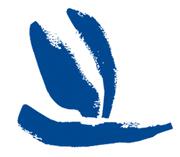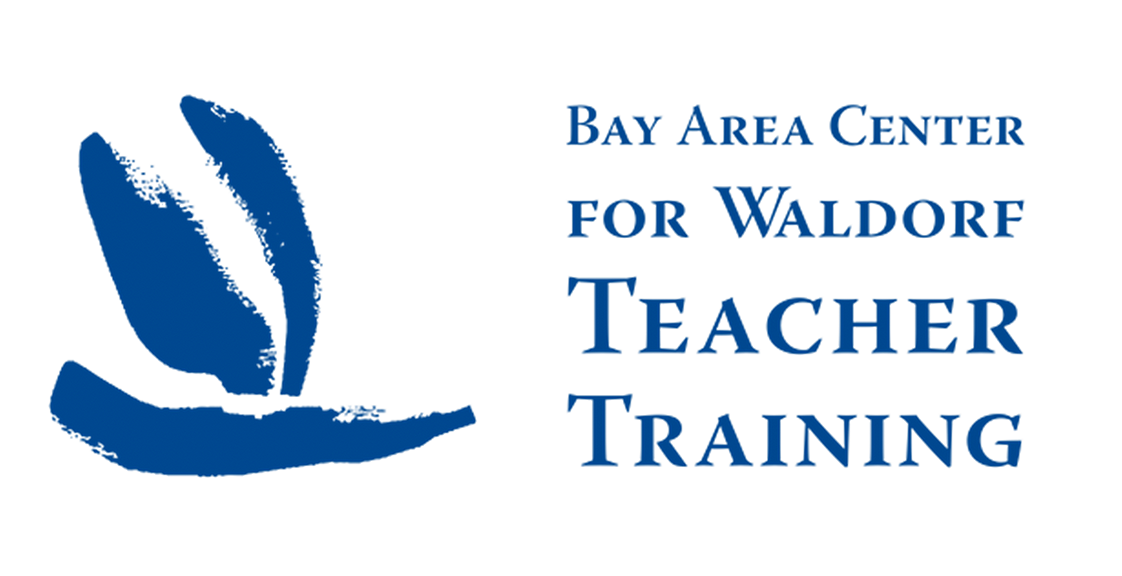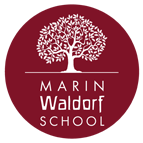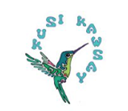First Year of the Program
In the First Year, students meet basic concepts of anthroposophy, such as the evolution of consciousness; the human being as an evolving being of body, soul and spirit; thinking as a spiritual activity; the relationship of good and evil; the meaning of materialism in our time; and the ways and means for achieving self-discipline and self-knowledge.
In seminar classes, attention is paid to classroom review of weekly reading assignments. Students learn to recognize the deep philosophical underpinnings of the Waldorf curriculum and the unique calibration of the curriculum to the development of the child.
The focus on the “why” of Waldorf education provides the important context for the “how” (methods) which comes increasingly into focus during the second and third years.
Toward the end of the first year, the student spends three days observing in the class of an experienced Waldorf teacher. The student carefully observes one child and writes a study of that child, describing both the child and how the class teacher addressed the learning style of that particular child.
Classes in the First Year include, but are not limited to the following topics:
The Human Being and the Cosmos
Includes an introductory overview of anthroposophy. Rudolf Steiner texts studied: Becoming the Archangel Michael’s Companions (formerly The Younger Generation); Self-Consciousness, the Spiritual Human Being; and Spiritual Guidance of Humanity. By means of these three texts, as well as lectures and presentations, the student is introduced to a broad range of anthroposophical concerns.
The Nature of Thinking and the Potential for Ethical Individualism
The Philosophy of Freedom is one of Rudolf Steiner’s seminal books, and provides the basis for a new way of thinking about thinking itself. What is true freedom? What does it mean to leave others free? Such themes form the core of this major work, which is explored through classroom conversations
grounded in assigned readings.
Introduction to Waldorf Education
Local Waldorf teachers present Waldorf education in the kindergarten, grades and high school. Rudolf Steiner’s lecture cycle, The Kingdom of Childhood, is the basis for a thorough introduction to the principles of Waldorf pedagogy and the developmental stages of childhood upon which they are based. We also discuss topics such as the four temperaments, the twelve senses, writing before reading, from the whole to the part, mood as the basis of discipline, the teacher as authority, the teacher as artist.
Studies in Human Culture and Evolution
Two epic stories — the drama of Faust’s struggle to forge a new society based on freedom and love, despite the relentless temptations of evil, and the great medieval epic about the simple knight Parzival who becomes Grail King — provide the context for far-ranging discussions about the triumphs of individual spiritual growth, freedom and destiny, the nature of sin, and much more. Taught in a combined class of first and second year students, Faust by Johann Wolfgang von Goethe and Parzival by Wolfram von Eschenbach are taught alternate years.
The Arts
Each weekend includes either choir or recorder and one of the following: eurythmy, painting, form drawing, speech.
Summer Session
Language Arts in Grades 1- 8
An overview of the English curriculum, including reading, writing, grammar, poetry and literature. What do we teach, why do we teach it and how can it be taught through “living concepts”? This course includes opportunities for students to create classroom presentations.
History of Art
How the evolution of human consciousness can be traced in the painting, sculpture and architecture from ancient Egypt to the present day, along with the particular contribution of Rudolf Steiner as painter, sculptor and architect. Text: Art and Human Consciousness by Gottfried Richter.
Summer Session Arts Classes
These include: sculpture, eurythmy, creative writing as a tool for developing imagination and clarity of thought, and choir.








